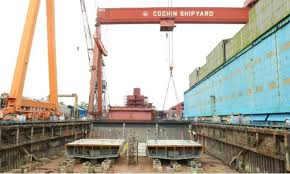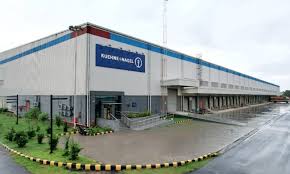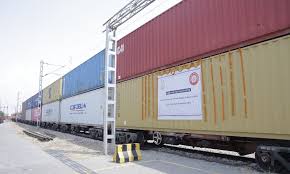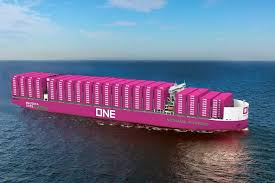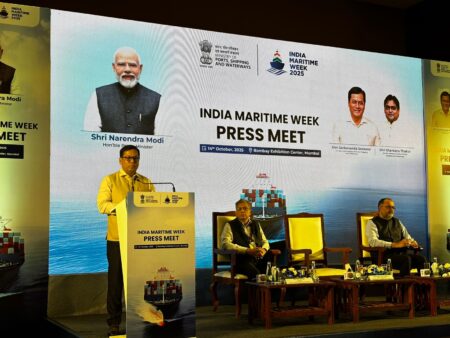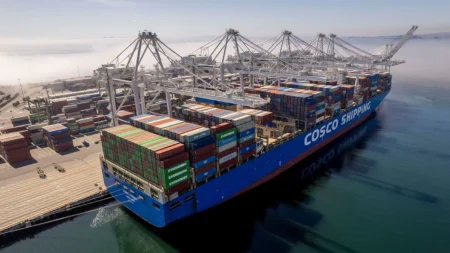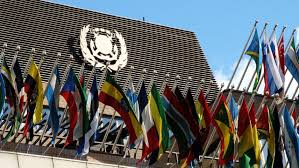Israel’s Minister of Transportation and Road Safety, Miri Regev, is set to sign an aviation agreement with Sri Lanka, creating a direct air route between the two nations.
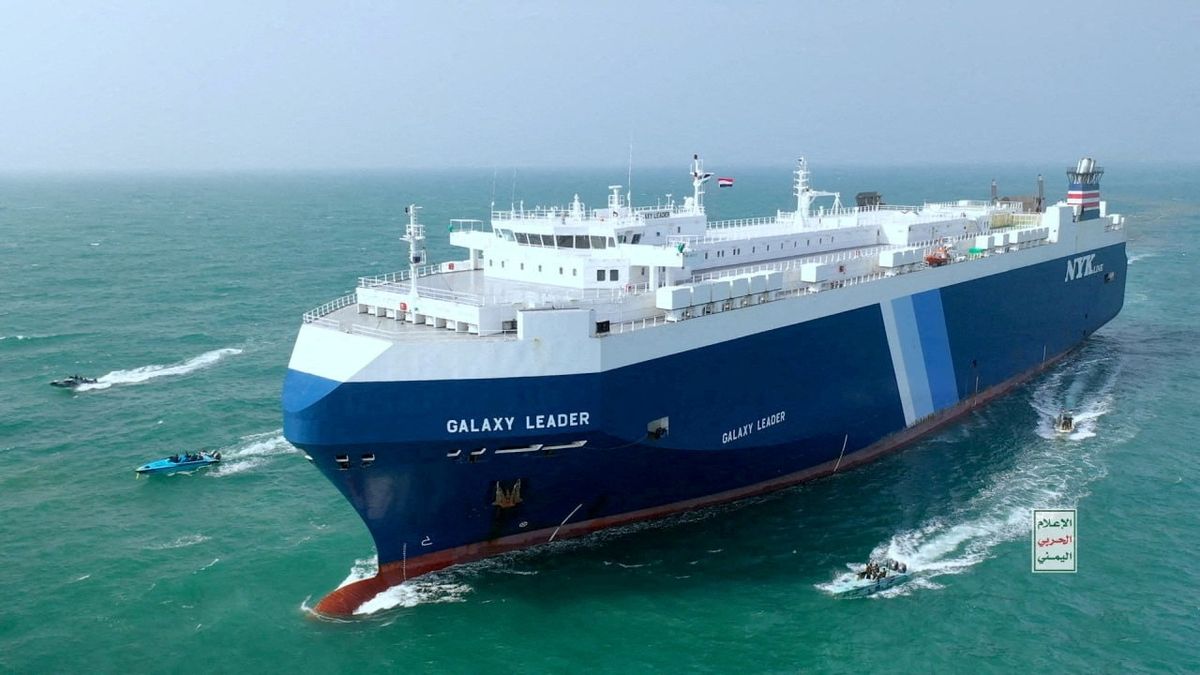
In response to the escalating threats in the Red Sea, Israel’s Minister of Transportation and Road Safety, Miri Regev, is poised to sign an aviation agreement with Sri Lanka. The agreement aims to establish a direct air route between the two nations, providing a vital alternative for trade amidst the increasing challenges faced by maritime routes.
The recent US military airstrikes on Houthi targets in Yemen’s Hodeidah region have highlighted the hazards faced by shipping in the Red Sea. The attacks targeted unmanned naval surface vehicles and anti-ship cruise missiles controlled by pro-Iranian Houthi militias, emphasising the need for alternative trade routes.
Recent events have drawn international concern, with the United Nations Conference on Trade and Development (UNCTAD) expressing alarm over attacks on Red Sea shipping, leading to a significant drop in container ship transits through the Suez Canal.
The ongoing crisis has further complicated the global trade landscape, prompting major players in the shipping industry to temporarily suspend Suez transits. This has resulted in a surge in average container spot freight rates, tripled rates from Shanghai to Europe, and a 162 percent increase in rates to the United States West Coast.
The rerouting of shipments around the Cape of Good Hope has led to longer shipping times, higher insurance premiums, and increased fuel consumption. Europe-Asia shipping times have lengthened by 10 days, with journeys growing by an additional 6,000km.
In light of these challenges, the aviation agreement between Israel and Sri Lanka represents a shift towards prioritising aerial trade routes. By establishing new connections in the skies, both nations adapt to the current crisis and contribute to building a more resilient and agile trade network for the future.
As the Red Sea crisis unfolds, the aviation pact between Israel and Sri Lanka serves as a beacon of hope and resilience in the face of adversity. In a world marked by uncertainties, this skyward solution offers stability and innovation amidst the evolving dynamics of global trade.

